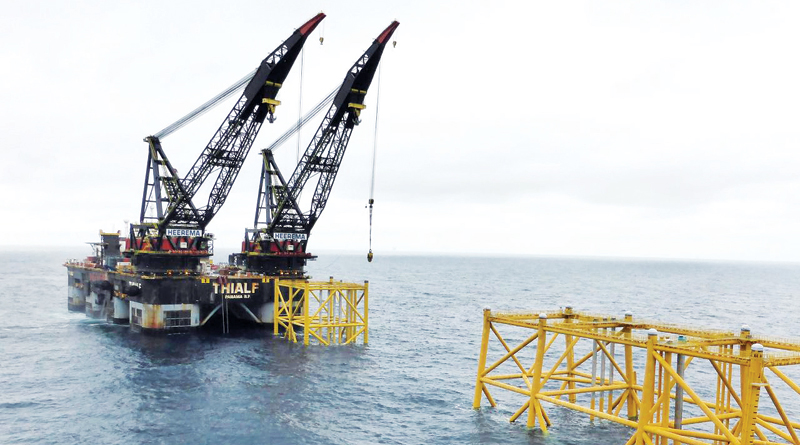

George Hay -
When it comes to oil majors and climate change, there are two camps. Predominantly American players like Exxon Mobil seem to be ignoring the imperative to get their business models aligned with limiting global warming to well below 2 degrees Celsius.
European peers like Royal Dutch Shell appear much more engaged with the objectives of the so-called Paris agreements from 2015. New research implies a pox on both houses.
In one sense, Europe deserves its moral crown.
Shell and Total are looking at how to address the emissions made by users of their oil, rather than just those made producing it. BP and Norway’s Equinor have pledged to assess how consistent their strategies are with Paris. That’s way more than most US peers have committed to.
Yet new research by analysts at Carbon Tracker suggest that producers on both sides of the Atlantic may just be stationed at different positions on the same sinking ship.
The analysis calculates how much CO2 could feasibly be emitted globally to stay in sight of Paris, and uses International Energy Agency assumptions of how much of that would come from the oil sector. Then it assumes that the allowable CO2 emissions will be created by projects lowest on the cost curve — with everything else stranded.
The results are problematic for oil majors on both sides of the Atlantic. Exxon Mobil may indeed have the greatest risk of stranded assets in a low carbon world, with more than 90 per cent of potential spending on new projects over the next decade incompatible with a pathway that limited global warming to 1.6 degrees Celsius. But Shell’s figure is 70 per cent,
Total’s 67 per cent, and BP’s 57 per cent. Saudi’s oil giant Aramco, whose operations are extremely low-cost, comes in at 50-60 per cent.
Oil executives may have an easy workaround. The absence of near-term viable alternative energy sources on a sufficient scale means we may just miss the Paris targets. Technological advances in the field of carbon capture may help square the circle.
The missing link is investors. The more they focus on environmental, social and governance issues, for which Paris will become ever more key, the more oil-major boards will be hassled or replaced if they don’t play ball.
The groups can see this coming, and they also probably know that very few of them are doing anything like what’s needed — on either side of the Atlantic. — Reuters
Oman Observer is now on the WhatsApp channel. Click here



